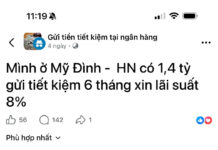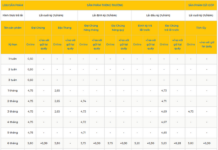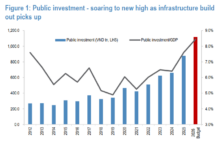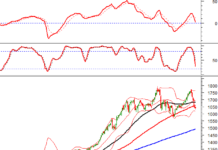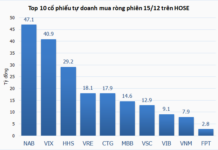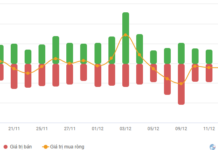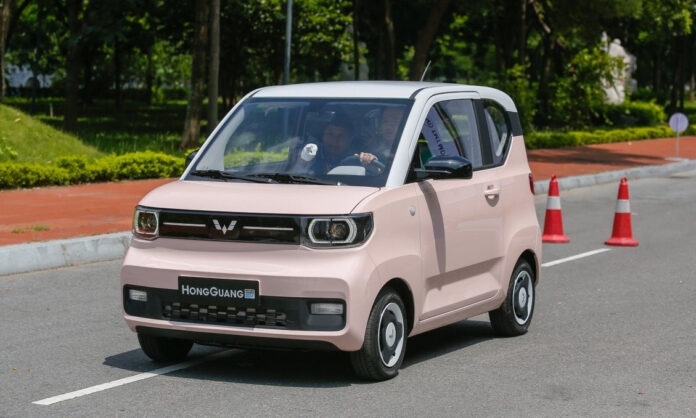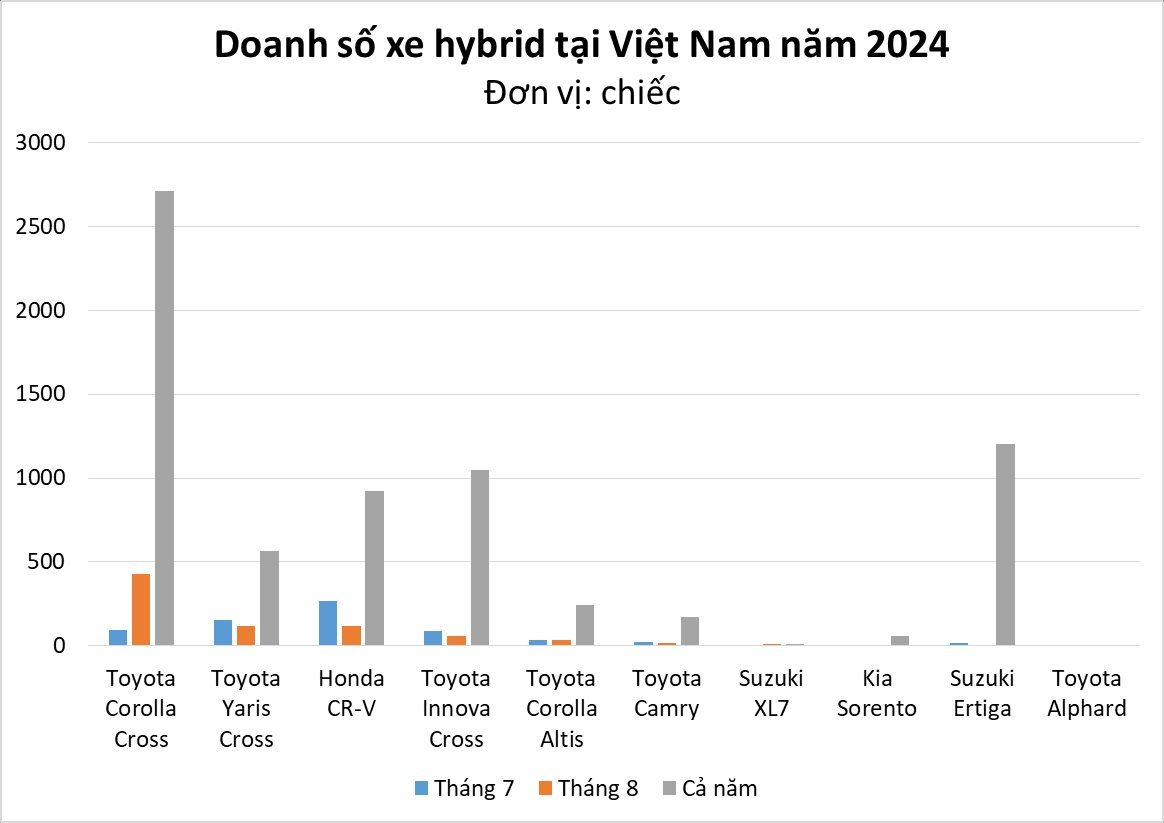On August 8, TMT Motors, the assembler and distributor of the Wuling Mini EV in Vietnam, announced a price adjustment for two versions: LV2-120 and LV2-170.
The LV2-120 version received a price cut of VND 58 million, from VND 255 million to VND 197 million (a reduction of 22.7%), while the LV2-170 version was reduced by VND 48 million, from VND 279 million to VND 231 million (a decrease of 17.2%).
This strategic move by TMT Motors and its partner, SGMW, is aimed at making these mini electric vehicles more affordable and accessible to Vietnamese consumers, ultimately boosting sales in the latter half of the year.
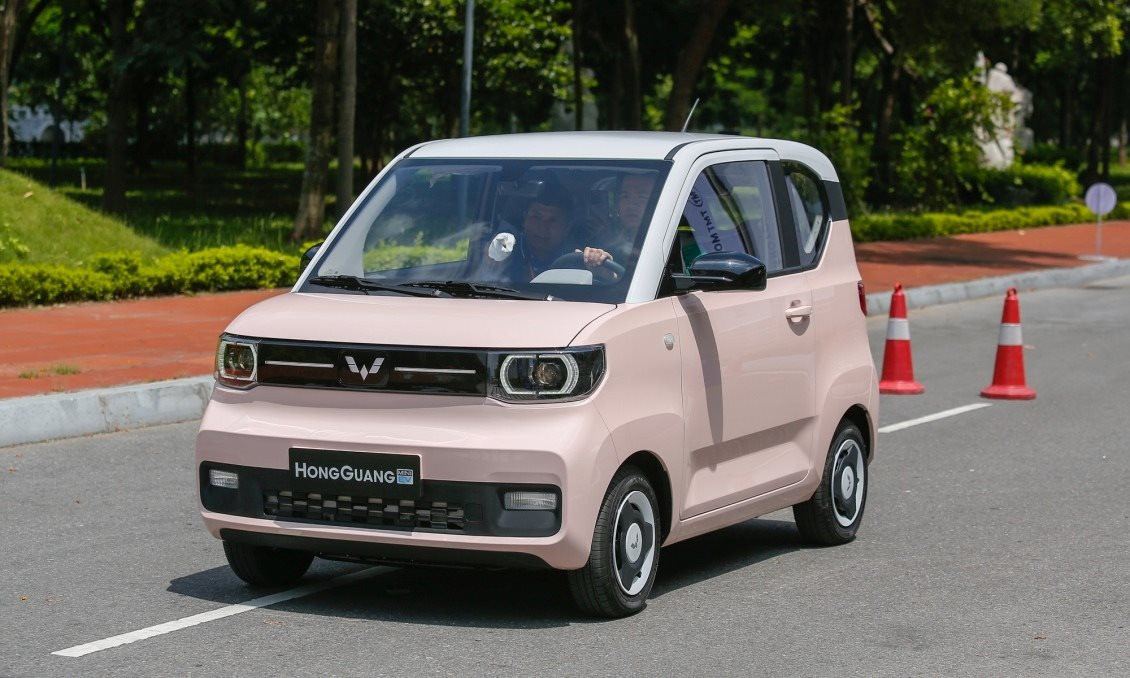
Wuling Mini EV experiences a 17-22% price reduction in the Vietnamese market.
However, this decision also has its drawbacks. For those who already own the vehicle, the news of a significant price drop can be disheartening, as the value of their car has suddenly decreased by a substantial amount.
Furthermore, if they decide to resell their car, they will likely face even lower prices due to the new pricing standard set by the manufacturer.
On the other hand, potential buyers may not be eager to make an immediate purchase. Some may choose to wait, anticipating further reductions, while others may develop a sense of distrust in the product.
Interestingly, this pricing strategy mirrors the approach taken by another Chinese electric vehicle giant, BYD, in the Chinese market, which sparked outrage among consumers there.
In early July 2024, BYD announced new pricing for its electric vehicles sold in Thailand. The Atto 3, their flagship model in Thailand, saw a price reduction of THB 90,000–340,000 (VND 57.8–218.2 million). Another model, the Dolphin, also underwent consecutive price cuts, leaving consumers confused and frustrated.
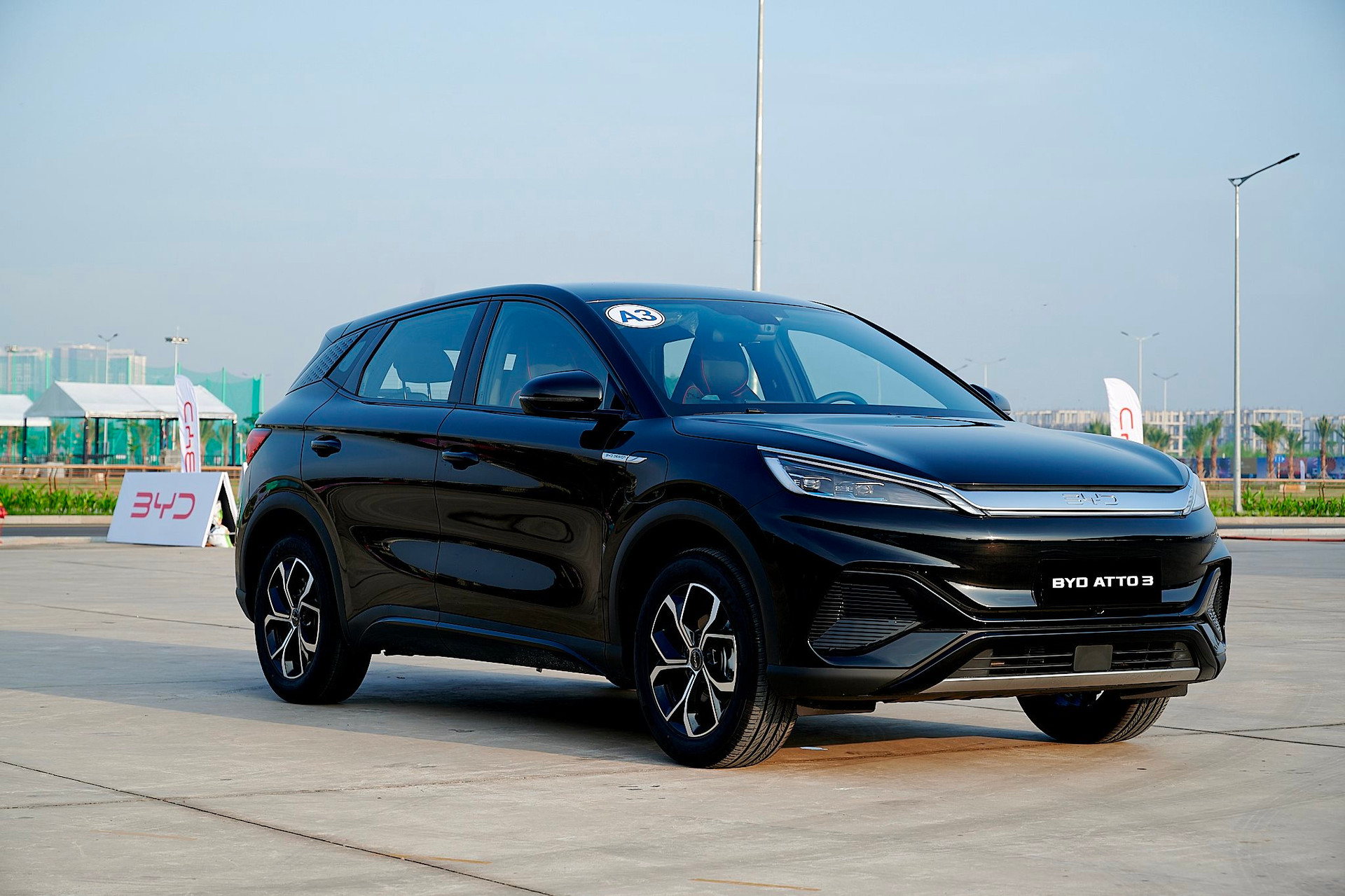
BYD’s aggressive price cuts in Thailand sparked consumer outrage.
The situation in Thailand escalated to the point where consumers filed complaints, prompting the Thai government to instruct the Office of the Committee on Consumer Protection to investigate BYD’s pricing maneuvers.
“While price adjustments are not uncommon in the Vietnamese automotive market, especially during challenging sales periods or when a company needs to meet certain targets, frequent and drastic reductions can be detrimental,” said Mr. Hoang Cuong, a Vietnamese automotive expert.
He added, “For a new brand trying to establish trust with consumers, such tactics might end up doing more harm than good.”
Wuling, which enjoyed success in China with the Mini EV, initially faced a similar challenge in Vietnam, where its pricing was considered less than appealing. The company responded by lowering the price, and now BYD seems to be following a similar strategy, offering prices that some deem “not yet easily accessible.”
BYD’s pricing for the Atto 3, a B+ urban SUV, ranges from VND 766 million to VND 886 million. The hatchback Dolphin is priced at VND 659 million, while the D-segment sedan Seal costs between VND 1,119 billion and VND 1,359 billion.
BYD’s unexpected move in Thailand may give Vietnamese consumers, particularly those passionate about electric vehicles, pause for thought.
Largest taxi company in Nghệ An cancels car purchase contract with Toyota to switch to VinFast
Mr. Ho Chuong, CEO of Son Nam International Transport Co., has recently disclosed that he had previously signed contracts to purchase gasoline-powered vehicles from a Japanese car manufacturer. However, he has since diversified his investment portfolio by also venturing into VinFast electric vehicles, in order to embrace long-term and sustainable development.
Drivers only need to pay a deposit of over 2 million VND to buy Selex Motors electric motorcycles
Selex Motors has partnered with the United Nations Development Programme (UNDP) in two projects to provide smart financial support packages for drivers of delivery companies when purchasing the Selex Camel electric motorcycles in Hue and Ho Chi Minh City.







